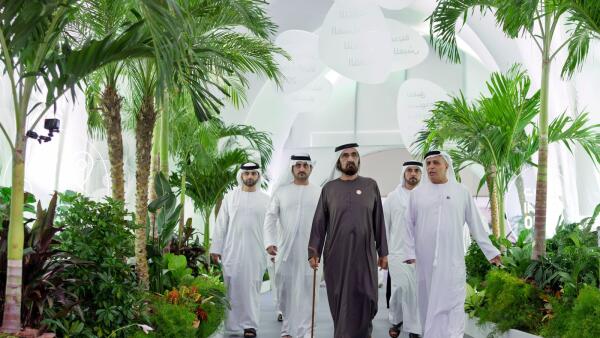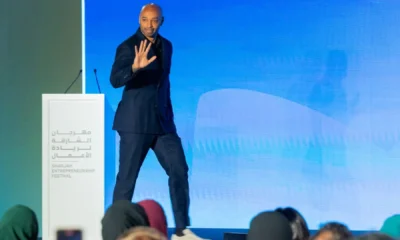After Dubai’s aim to become a bicycle-friendly city, the emirate announced an extensive plan to make an integrated walking network on Saturday, December 7.
His Highness Sheikh Mohammed bin Rashid Al Maktoum, Vice-President and Prime Minister of UAE and Ruler of Dubai, took to X to inform residents of the development of walkways spanning 3,300km in a project named ‘Dubai Walk’.
This massive project, set to begin in two areas – Museum of the Future and Al Ras – is an effort to make the city pedestrian-friendly all year long. Corridors and areas between buildings will feature innovative cooling solutions.
Aside from the pathways, it also includes the construction of 110 pedestrian bridges and tunnels, 112km of waterfront pathways, 124km of green walking trails, and 150km of rural and mountainous pedestrian paths.
Initial pathways
The initial implementation of the project will take place at two iconic locations, which will give pedestrians a glimpse into the the past and the future of the city.
1. Museum of the Future:
The pathways will showcase the emirate’s futuristic vision and will include a 2km-long bridge, a climate-controlled walkway, open spaces, and commercial areas.
This pathway will connect major hubs, including the Dubai World Trade Centre, Museum of the Future, Emirates Towers, Dubai International Financial Centre, and metro stations.
2. Al Ras:
This location will take pedestrians back to the past with a 15km trail. It will bring historical and waterfront areas to life while also incorporating green spaces and public displays.
3-phase implementation plan
The ‘Dubai Walk’ project will roll out in three phases, focusing first on key areas such as Al Barsha 2, Al Khawaneej 2, and Al Mizhar 1, and later expanding to 160 neighbourhoods. It will include pathways for neighbourhoods, urban areas, and tourist spots.
Three main bridges will be built, these are:
1. A bridge on Al Ittihad Street connecting Al Nahda and Al Mamzar.
2. A bridge on Tripoli Street linking Al Warqa and Mirdif.
3. A bridge on Dubai-Al Ain Road connecting Dubai Silicon Oasis and Dubailand.
The plan aims to establish more than 6,500km of interconnected pathways through the emirate – of which 3,300km will be created, while 2,300km of pathways will be rehabilitated by 2040. After 2040, additional pathways spanning 900km will be built.
Smart app to be launched
A new smart application will also be launched, encouraging residents and visitors alike to walk. The application will track their walking route, steps and duration and will incentivise users for walking.
Users of the application can get points for walking and redeem them for discounts or credit in an e-wallet. The app will also inform users about local attractions, like art displays and events, making it a valuable tool for encouraging walking.
Redefining mobility
Redefining the concept of mobility, Sheikh Mohammed said that this is an effort to build a model for a city “where people live the best, happiest, most comfortable, healthy, and balanced lives.”
The Ruler added, “In the coming years, residents of Dubai will be able to move around by walking, cycling on dedicated tracks, using the city’s extensive road and bridge network, riding the metro with its new lines, taking water taxis, or even flying taxis on designated aerial routes.”
The project is in line with Dubai’s 20-minute city plan, where by 2040, residents will be able to access daily needs and destinations within 20 minutes by foot or bicycle.
























